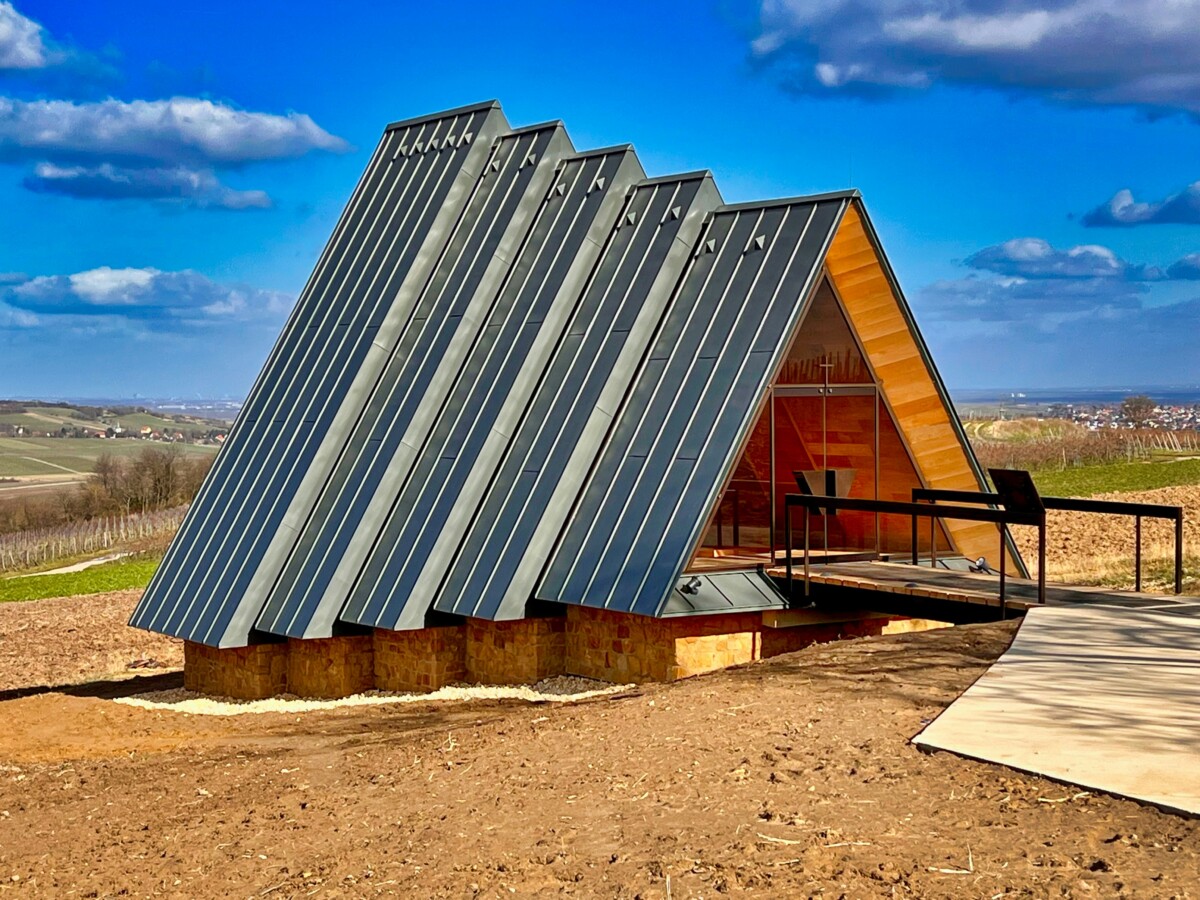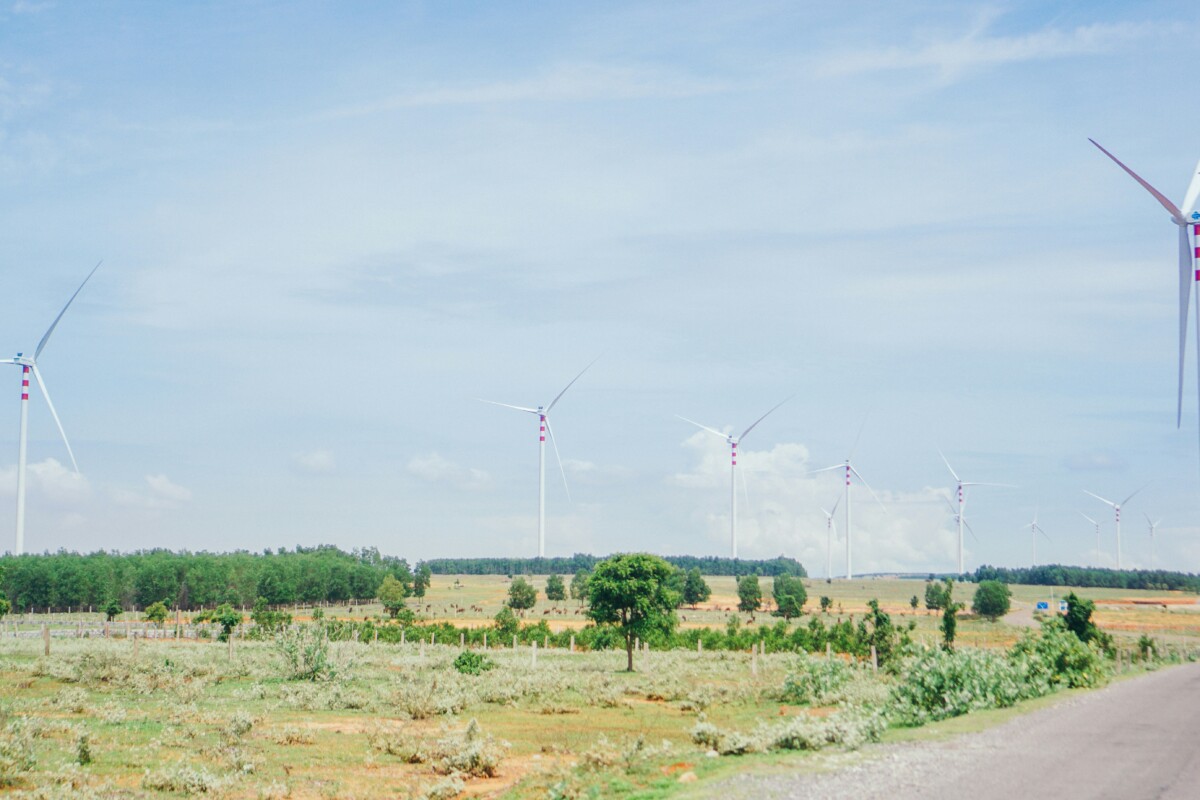Listen to the full podcast episode on YouTube, Spotify, and Apple Podcasts.
That statistic — borrowed from EY — doesn’t shock him. After a decade at Tesco, where he led energy and engineering across 4,500 sites in five countries, he knows just how hard it is to turn strategy into action. But he also knows it can be done.
At Tesco, he helped them beat their 2025 science-based target ahead of time — not through grand gestures, but through a detailed, iterative plan. “Every store, every year. Forecast, act, measure, iterate,” he says.
“It’s like nudging an oil tanker. But you can nudge it.”
What Makes a Plan Credible
Now at Avison Young, Chris leads sustainability and decarbonisation strategy in the built environment sector — one of the heaviest emitters and slowest movers. The challenge? Many firms are stuck in “paralysis,” staring down the total cost of transformation and freezing in place.
His advice is simple, but pointed:
“Start somewhere. Don’t start with the hardest bit. Start with the wins.”
For Wright, a credible plan doesn’t mean perfect forecasting. It means creating a live blueprint that links ambition to operations and procurement. A plan that can flex — forward, back, sideways — but always points in the same direction. “It becomes the bedrock of decision-making,” he explains.
“Without it, you’re just reacting.”

The Engineer’s Advantage
Chris is, first and foremost, an engineer. But unlike the stereotype, he doesn’t get lost in the technical. He uses it to cut through the noise.
“Good engineering is about why we can do something, not why we can’t,” he says. That mindset has served him well — not just on site, but in boardrooms.
He’s clear that decarbonisation isn’t just an ESG issue. It’s a business planning issue.
“Investors want to know what you’re doing, when, and why. A plan shows them the opportunity.”
Culture Change, One Word at a Time
Despite his systems-level focus, Chris repeatedly comes back to something softer, less tangible: culture.
At Tesco, adding a single word — “planet” — to the company’s purpose statement had a bigger impact than expected.
“It gave people something to rally behind,” he reflects. “It made it real.”
That clarity of purpose now fuels his work in the real estate sector, where leadership often means aligning dozens of players with conflicting incentives. The solution? “Shared vision equals reduced cost,” he says.
“We’re not competing here. We’re all heading the same way.”

Is It Really Possible to Lead Responsibly?
Chris’s answer is unequivocal: yes — but not in the abstract. Responsible leadership, he insists, is not about virtue signalling or mission statements. It’s about discipline, detail, and follow-through.
“Climate action isn’t just about ethics,” he says.
“It’s about sound corporate planning.”
In a world that loves to talk about the destination, Wright is a rare voice focused on the route map — and on making sure the wheels actually turn.
Sponsored by...
truMRK: Communications You Can Trust
👉 Learn how truMRK helps organisations strengthen the credibility of their communications.
Want to be a guest on our show?
Contact Us.
The Responsible Edge Podcast
Queensgate House
48 Queen Street
Exeter
Devon
EX4 3SR
Recognition.
Join 2,500+ professionals.
Exploring how to build trust, lead responsibly, and grow with integrity. Get the latest episodes and exclusive insights direct to your inbox.
© 2025. The Responsible Edge Podcast. All rights reserved.
The Responsible Edge Podcast® is a registered trademark.
Sponsored by truMRK
© 2025. The Responsible Edge Podcast

